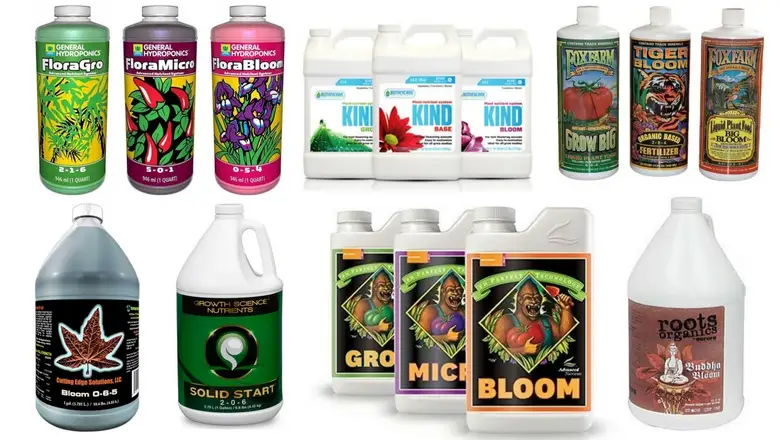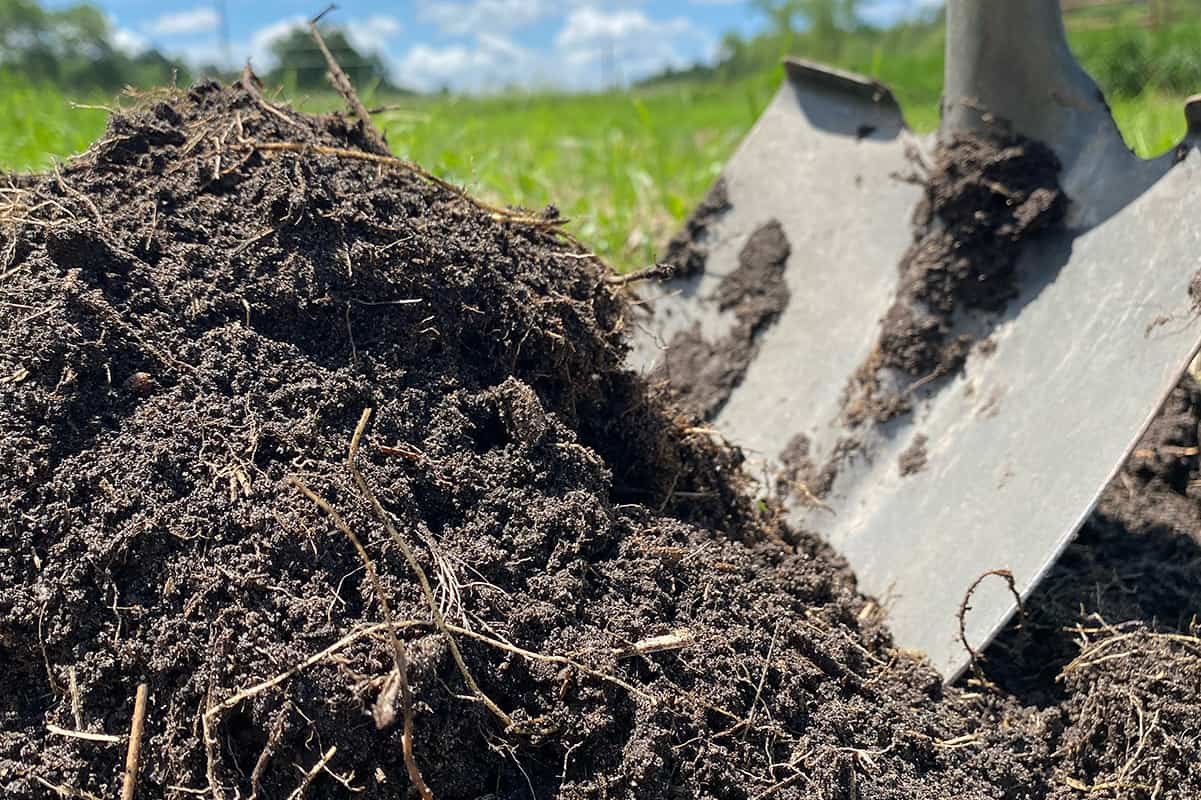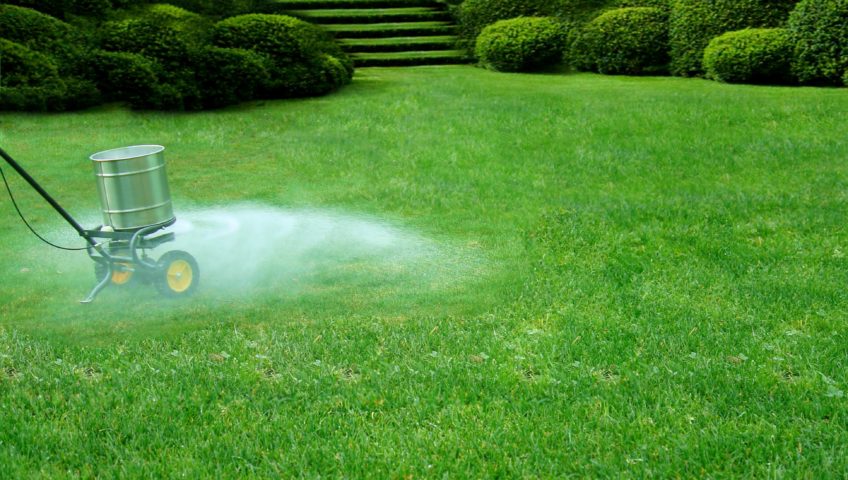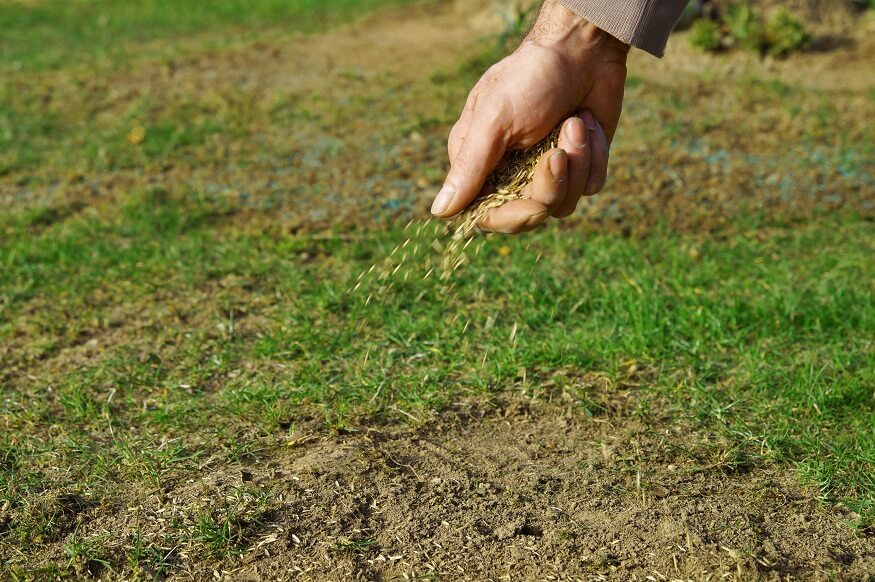Best Fertilizer For African Violets of 2024
Lorin Nielsen Apr 16, 2024 5:58 PM
We spent several hours searching the internet for best fertilizer for african violets, reading reviews, and drawing on our own personal experiences to compile our list of the top 13 best fertilizer for african violets now available on the market.
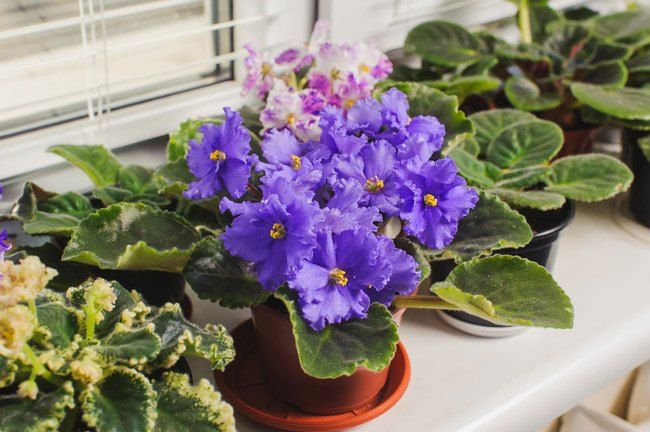
Overview
Your delicate African violet needs fertilizer in order to thrive in your home. New growers may underestimate the significance of consuming a diverse range of nutrients. Aside from the mediocre plants, this has them perplexed. A feeding schedule can be difficult; what is the best fertilizer to use? What is the purpose of plant food?
As a beginner, you'll learn how to care for your African violets in this beginner-friendly tutorial. Let's get in there!
- SCORE9.6AI Score
G Score is a ranking system developed by our team of experts (people love working outdoors with people and plants). It from 0 to 10 are automatically scored by our team based upon the data collected. This score has no relationship or impact from any manufacturer or sales agent websites. Learn more
- BrandSchultz
- Prime
- SCORE9.6AI Score
G Score is a ranking system developed by our team of experts (people love working outdoors with people and plants). It from 0 to 10 are automatically scored by our team based upon the data collected. This score has no relationship or impact from any manufacturer or sales agent websites. Learn more
- BrandJR Peters
- Prime
- SCORE9.4AI Score
G Score is a ranking system developed by our team of experts (people love working outdoors with people and plants). It from 0 to 10 are automatically scored by our team based upon the data collected. This score has no relationship or impact from any manufacturer or sales agent websites. Learn more
- BrandSchultz
- Prime
Miracle-Gro Blooming Houseplant Food, 8 oz., Plant Food Feeds All Flowering Houseplants Instantly, Including African Violets
View on Amazon- SCORE9.4AI Score
G Score is a ranking system developed by our team of experts (people love working outdoors with people and plants). It from 0 to 10 are automatically scored by our team based upon the data collected. This score has no relationship or impact from any manufacturer or sales agent websites. Learn more
- BrandMiracle-Gro
- Prime
- SCORE9.4AI Score
G Score is a ranking system developed by our team of experts (people love working outdoors with people and plants). It from 0 to 10 are automatically scored by our team based upon the data collected. This score has no relationship or impact from any manufacturer or sales agent websites. Learn more
- BrandEspoma
- Prime
Espoma Organic Natural and Organic Premium Potting Soil Mix for African Violets and all Indoor Flowering Houseplants. For Organic Gardening. 4 Quart Bag
View on Amazon- SCORE9.4AI Score
G Score is a ranking system developed by our team of experts (people love working outdoors with people and plants). It from 0 to 10 are automatically scored by our team based upon the data collected. This score has no relationship or impact from any manufacturer or sales agent websites. Learn more
- BrandEspoma
- Prime
- SCORE9.4AI Score
G Score is a ranking system developed by our team of experts (people love working outdoors with people and plants). It from 0 to 10 are automatically scored by our team based upon the data collected. This score has no relationship or impact from any manufacturer or sales agent websites. Learn more
- BrandScotts
Flower Fuel 1-34-32, 1000g - The Best Flower Additive for Bigger, Heavier Harvests (1000g)
View on Amazon- SCORE9.2AI Score
G Score is a ranking system developed by our team of experts (people love working outdoors with people and plants). It from 0 to 10 are automatically scored by our team based upon the data collected. This score has no relationship or impact from any manufacturer or sales agent websites. Learn more
- BrandElement Nutrients
- Prime
- SCORE9.2AI Score
G Score is a ranking system developed by our team of experts (people love working outdoors with people and plants). It from 0 to 10 are automatically scored by our team based upon the data collected. This score has no relationship or impact from any manufacturer or sales agent websites. Learn more
- BrandBonide
- Prime
- SCORE9.2AI Score
G Score is a ranking system developed by our team of experts (people love working outdoors with people and plants). It from 0 to 10 are automatically scored by our team based upon the data collected. This score has no relationship or impact from any manufacturer or sales agent websites. Learn more
- BrandOptiflora
- Prime
- SCORE9.2AI Score
G Score is a ranking system developed by our team of experts (people love working outdoors with people and plants). It from 0 to 10 are automatically scored by our team based upon the data collected. This score has no relationship or impact from any manufacturer or sales agent websites. Learn more
- BrandHOUSEPLANT RESOURCE CENTER
- Prime
- SCORE9.0AI Score
G Score is a ranking system developed by our team of experts (people love working outdoors with people and plants). It from 0 to 10 are automatically scored by our team based upon the data collected. This score has no relationship or impact from any manufacturer or sales agent websites. Learn more
- BrandN/A
- Prime
EarthPods Premium African Violet Plant Food - Easy Organic Fertilizer Spikes - 100 Capsules - Increases Flower Bloom + Leaves (Great for All Blooming Indoor Houseplants, Ecofriendly)
View on Amazon- SCORE8.6AI Score
G Score is a ranking system developed by our team of experts (people love working outdoors with people and plants). It from 0 to 10 are automatically scored by our team based upon the data collected. This score has no relationship or impact from any manufacturer or sales agent websites. Learn more
- BrandEarthworm Technologies
Last update on 2024-04-16 / Affiliate links / Images, Product Titles, and Product Highlights from Amazon Product Advertising API
The Big Three
You can't live off of pizza rolls by yourself. The nutrients you need to function are missing from these foods. (Shoot!) Your plant, too, requires a well-balanced food. Because of this, most commercial fertilizers are made up of nitrogen, phosphorus, and potassium. In order for your houseplant to function properly, each one of these components is essential.
Nitrogen
Nitrogen is the most important nutrient for plant growth. As a plant's primary source of energy, nitrogen is important to its well-being and growth. Nitrogen deficiency in African violets might show up as stunted leaves or leaves that turn a pale yellow tint.
Phosphorus
Phosphorus is required by plants for the transport and storage of energy. As an added benefit, this vitamin aids in photosynthesis. Even if your plant is receiving the proper attention, it may still be lacking in the phosphorus it requires to bloom.
Potassium
Plants benefit from potassium's ability to strengthen and fortify them against disease and the development of robust root systems. African violets that are deficient in potassium can have yellowing and browning leaves.
Demystifying Fertilizer Options
Once you've learned why you need fertilizer, let's talk about how to choose one that's right for your garden. There are nearly as many fertilizer alternatives as there are plant varieties. (Okay, hyperbole, but there's a TON!) Finding out what works best for your plant can be a bit of a challenge at first, but once you get the hang of it, it becomes second nature.
Synthetic vs. Organic
To begin, you must choose between using synthetic or organic fertilizer. Decomposition of organic resources, such as that of manure, fish, and seaweed, returns nutrients to soil. You can prepare your own African violet fertilizer at home or buy a natural product at the shop, however the latter is less usual for indoor houseplants due to the stench.
Unlike natural fertilizers, synthetic fertilizers have been chemically manufactured to meet a certain balance of the big three nutrients. Because synthetic fertilizer is generally odorless, and because you can manage the dosage, which is critical in small containers, it is more popular indoors. We propose searching for a product that is tailored to the needs of your unique species. As a result, you may relax knowing that your fertilizer was formulated specifically to meet the requirements of your plants.
100% water soluble
Firstly, this is critical for two reasons. It's important to note that if your Violet Food is not water-soluble, your African Violet may not be able to absorb all of its nutrients. A self-watering system will not work with Violet Food that is not 100% water soluble. When employing one of these devices, only fully dissolved components will be pulled into the soil.
Urea
Nitrogen can be obtained from a variety of sources, including urea. Root Burn in African Violets has been linked to the nitrogen fertilizer urea, despite the fact that urea is a less expensive alternative. Root Burn damages an African Violet's ability to absorb water and nutrients, reducing its ability to thrive. Pale leaves and reduced flowering are the most visible indicators of this.
This is why it's important to avoid urea nitrogen in the fertilizer you choose for your African Violets when you're shopping. The Guaranteed Analysis on the fertilizer label is an easy way to find out. The use of urea nitrogen will be indicated if it is present.
Granular fertilizer
Fertilizers of this type are known as slow-release. Flexible feeding is made easier with the help of this type of fertilizer. Grinder fertilizers are an excellent option if you don't have a lot of time to fertilize your plants on a daily basis.
Even if the plant's absorption rate is slowed, it will receive all of the nutrients it needs over time. To avoid over-fertilization, use less than the suggested dosage.
There are several granular fertilizers that can be mixed with water, so if your plant is in severe need of nutrients, this method can be employed.
Liquid fertilizer
African violets should be fed with liquid or water-soluble fertilizers in order to thrive. As a result, this fertilizer can go to the plant's root system more quickly.
Liquid fertilizers can be used if you have the time to fertilize your plant on a regular basis. Additionally, this fertilizer aids plant nutrient absorption.
Because you don't want to harm your plants by over-fertilizing them with liquid fertilizers, you need to exercise caution.
Why African Violet-Specific?
The three major nutrients are required in varying amounts by various plants (nitrogen, potassium, and phosphorus). African violet-specific fertilizer is formulated to provide the right balance for these plants. A delicate plant like this necessitates extra care.
Why Urea-Free?
Urena, which is commonly used in fertilizers to supply nutrients, should be avoided. Urea's high nitrogen content can be harmful to African violets, especially those that are growing in limited soil.
What are the signs of over-fertilizing African Violet plants?
The rim of the pots will develop a crusty white salt-like texture, which suggests overuse of fertilizer salts. Remove and clean the old pot from the plant if it hasn't been re-potted in the last year. For the next two weeks, water the plants with lukewarm, plain water only.
Spots of dark brown may appear on the center or the tips of the leaves.
In the summit of the plant, the leaves acquire an orange-colored crystallization that clings to the leaf hairs.
To begin with, the leaves begin to wilt, become brittle, and develop brown fissures or sores.
Add lukewarm water to the soil and clean the leaves of crystallization if you notice any of these symptoms. For the next three weeks, simply water your plants with water.
How much fertilizer do African violets need?
In order to keep your African violets flourishing in your garden, you'll need to feed them a fertilizer with an NPK ratio of 12:36:14.
You should begin dosing your plants with a high-phosphorous fertilizer if you want to see a lot of flowers. It is recommended that the NPK ratio be 15:30:15. The best time to apply this fertilizer is in the spring, when the plant is in full growth mode. Throughout the year, you can even use a balanced fertilizer (such as 20:20:20 or 10:10:10).
Fertilizer and water should be diluted in a ratio of 14 for routine fertilization.
Apply compost to the top layer of the soil if you're using it as fertilizer. So that nutrients may reach the roots, make sure the plant and the soil are thoroughly watered.
Adding compost to the soil mix will allow the plant to do part of its own fertilization.
If you fertilize African violets regularly, you can expect them to blossom and thrive throughout the year.
Remember that a little less fertilizer won't hurt, but over-fertilizing is usually a problem.
No harm will be done by less fertilization, unlike the harm that can be done by more fertilization. But don't neglect the plants' need for fertilizers, which provide nutrients and aid in growth.
After you've applied fertilizer, make sure to thoroughly wet the plants to ensure that all of the nutrients get down to the roots where they're needed.
To avoid root burns, do not fertilize the dry soil. The foliage and flowers should not be sprinkled with fertilizer to prevent them from burning.
.png)













